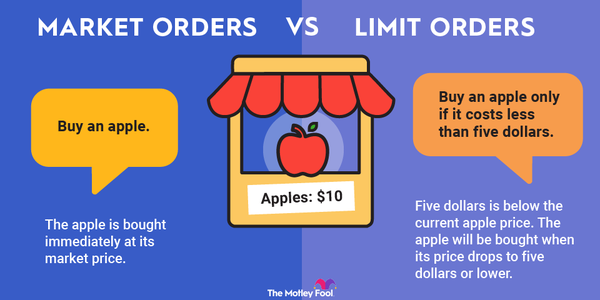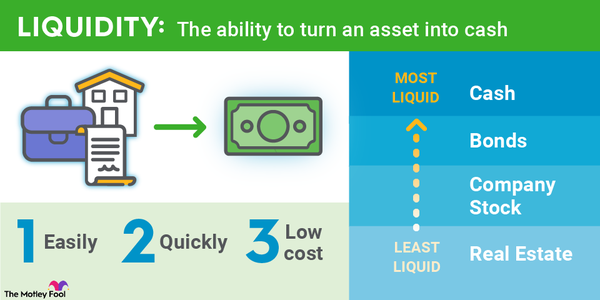Common dictionary definitions of lucrative include "producing wealth," "moneymaking," and "profitable." Let's explore the meaning of lucrative in further detail as it relates to your wealth objectives and investment opportunities.

The meaning of lucrative
Understanding the meaning of lucrative
Lucrative, as a term, often describes career paths, investment opportunities, or activities that have strong wealth-producing potential. High-paying job titles like surgeon, anesthesiologist, orthodontist, and psychiatrist are considered lucrative. Each of these pays more than $250,000 annually on average.
Lucrative investments can include private equity funds, hedge funds, growth stocks, and even Bitcoin (CRYPTO:BTC), depending on your timing. There is no definitive growth rate associated with the term lucrative, but the implication is that the performance has been, is, or will be far better than average.
The performance bar can be lower for lucrative activities. This phrase can refer to hobbies that may produce income, such as photography or collecting antiques.
Lucrativeness and risk
Lucrativeness and risk
Lucrative describes a potential or realized financial reward associated with an investment or activity. It's important to remember that reward potential always comes with risk. If someone pitches a lucrative opportunity to you, identifying the risks in play should be an essential part of your decision-making process.
Risk can come in different forms:
- Financial loss is a potential outcome of any type of investing. A promising young tech business can fail to gain traction or a blue chip stock can falter and lose value.
- The time or money deployed to a lucrative project can, in hindsight, turn out to be better spent elsewhere. This is the concept of opportunity cost risk. Consider the student who spends years and hundreds of thousands on tuition to become a surgeon. If that student later suffers a hand injury that affects dexterity, the resources dedicated to education may have been wasted.
The takeaway is that any promise of future lucrativeness comes with risk. At a minimum, there is the risk that you could have generated more wealth by using your resources differently. Worse, there is the risk of outright financial loss.
Standards and measurement
Standards and measurement
Lucrative is a subjective concept. You might believe 20% annual growth is lucrative, while another investor might associate the word with 70% or 80% growth. For this reason, it's important to clarify the term if it's influencing your decision to invest.
Likewise, the measurement of lucrativeness can vary. For example, there are many methods for evaluating a stock's ability to generate wealth for shareholders. Four of them are:
- Return on investment (ROI): ROI compares the change in an investment's value to the investment's initial cost.
- Earnings growth: A stock's potential to appreciate is influenced by the company's ability to increase its earnings over time.
- Free cash flow growth: Excess and growing cash flow can fund growth initiatives and shareholder programs such as stock buybacks and dividends.
- Valuation ratios: Ratios like price-to-earnings and price-to-book can indicate whether a company is overvalued, fairly valued, or underpriced. Value investors believe fairly valued and underpriced stocks provide better risk-adjusted returns.
On the other hand, if you were assessing the lucrativeness of a career rather than an investment, you might review the average salary and the projected outlook for that job alongside the investment required for training.
Related investing topics
Example
The lucrativeness of AI stock Nvidia
AI chip designer Nvidia (NVDA 3.43%) has made its share of millionaires. The stock has been lucrative in recent times and over the long term. The company's compound annual growth rate over the past 15 years is almost 47%; over the past year, it's grown 140%. Both values include dividends and share price appreciation.
Existing shareholders have likely done well with their Nvidia positions. But there's a question mark for prospective shareholders. Before they invest, they want to know how much more growth potential the company has -- despite its lucrative history.
Answering that question requires a deep dive into Nvidia's valuation, market position, and growth outlook. Third-party projections that quantify the future value of Nvidia's target markets can also be instructive.
The point is that lucrativeness can be subjective and also fleeting. That's why it's important to do your own research when evaluating the wealth potential of any project or investment.










































